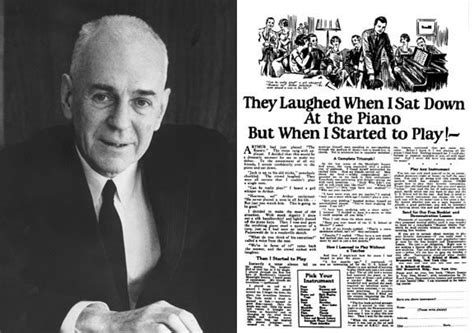A Quote by William Maxwell
Related Quotes
That luminous part of you that exists beyond personality - your soul, if you will - is as bright and shining as any that has ever been. Bright as Shakespeare’s, bright as Gandhi’s, bright as Mother Theresa’s. Clear away everything that keeps you separate from this secret luminous place. Believe it exists, come to know it better, nurture it, share its fruits tirelessly.
You can write a 1st paragraph that continues the same thought you expressed in your headline. If you stop a reader with a headline about house paint, you can be sure of at least one thing about that reader: He wants more info about house paint. You will not lose him as long as you continue to give him what he wants.
How often I have tried to tell writing students that the first thing a writer must do is love the reader and wish the reader well. The writer must trust the reader to be at least as intelligent as he is. Only in such well wishing and trust, only when the writer feels he is writing a letter to a good friend, only then will the magic happen.
Why all this insistence on the senses? Because in order to convince your reader that he is THERE, you must assault each of his senses, in turn, with color, sound, taste, and texture. If your reader feels the sun on his flesh, the wind fluttering his shirt sleeves, half your fight is won. The most improbable tales can be made believable, if your reader, through his senses, feels certain that he stands at the middle of events. He cannot refuse, then, to participate. The logic of events always gives way to the logic of the senses.
Explaining is a difficult art. You can explain something so that your reader understands the words; and you can explain something so that the reader feels it in the marrow of his bones. To do the latter, it sometimes isn't enough to lay the evidence before the reader in a dispassionate way. You have to become an advocate and use the tricks of the advocate's trade.
Even if your novel occurs in an unfamiliar setting in which all the customs and surroundings will seem strange to your reader, it's still better to start with action. The reason for this is simple. If the reader wanted an explanation of milieu, he would read nonfiction. He doesn't want information. He wants a story.






































